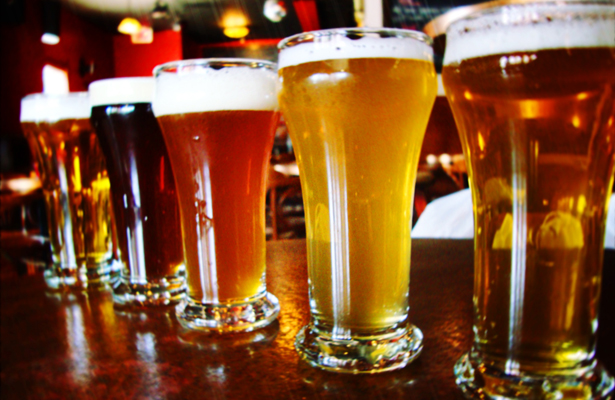American’s have been living under great concern after a beer food safety act proposed in 2011 might have increased boundaries for brewers and distillers. However, after much though, there has been an overhaul over the Food Safety Modernisation Act.
Originally, the act was centered around making restrictions on the spent grain produced in excess by the brewing and distilling process. This by-product would later then be sold as livestock feed – something done for generations. Of course, the beer industry had major concern for this restriction in the act. By preventing this process, it would cost hundreds of million of dollars yearly for both the brewers and the farmers who purchase the grain. Fortunately, this act was revoked and both industries can continue to access the reliable and local source of spent grain.
This specific regulation was proposed by the Food and Drug Administration (the FDA) in January 2013. It was done replace a system built to respond to illness outbreaks. Though the FDA had the purest of intentions, the Beer Institute (which represents thousands of American breweries) believe that the FDA’s proposed steps could set one large brewery US $13 million per year.
Recently, the FDA pulled back their initial proposal saying that if the processor is currently complying with human-food rule than the animal food rule would be exempted. The Brewers Association are still looking into it.
If you would like more information on this topic or get the source URL for this article then email us at [email protected]
